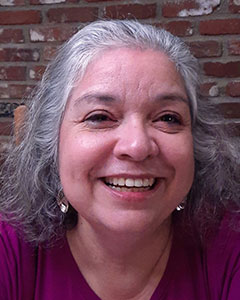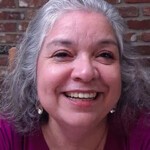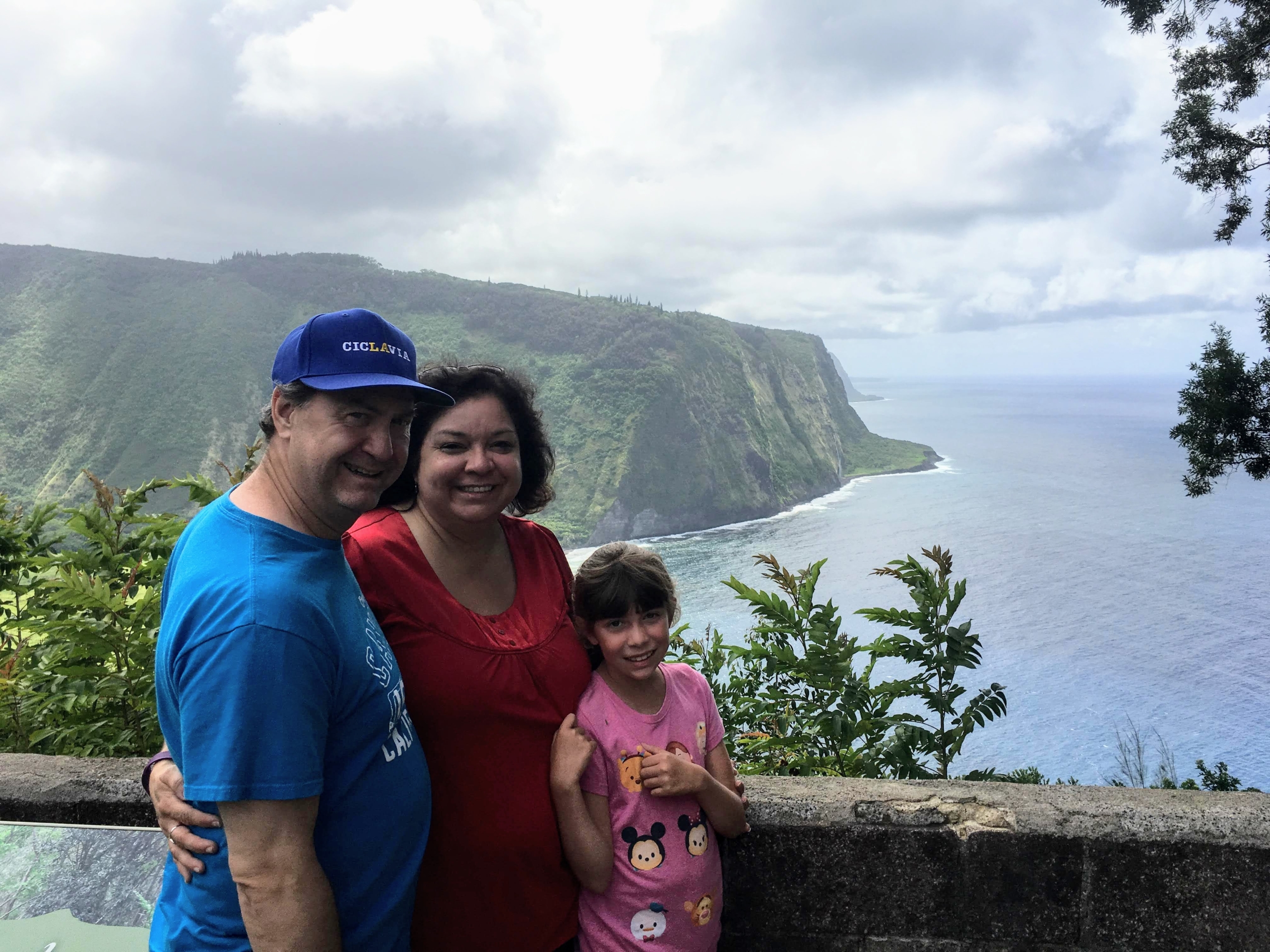I’m thrilled and excited to have started work for The Climate Center as our first Los Angeles Regional Organizer. Although I’ve studied and trained as a lawyer, I’ve worked on environmental policy-related initiatives for over 20 years and I believe I bring an innovative and collaborative energy to my work at The Climate Center.
During my career, I’ve championed environmental improvements from the perspective of environmental non-profit organizations, as an appointed government official on local, state and international levels, and through the lens of utilities. Most recently, I held a position at Southern California Edison in regulatory affairs. Immediately prior to that, I worked at statewide advocacy organization Coalition for Clean Air, where I tried to advance clean and green technologies in the freight sector, which contributes a heavy pollution burden to those who live and work near ports.
I came to environmental and climate work in a roundabout way. Just following my graduation from college and living in San Francisco, the first Gulf War broke out and I grew deeply concerned about the burning oil wells in the Middle East. Because I knew next to nothing on these topics, I attended a teach-in organized by Greenpeace and listened avidly to advocates discussing the role of access to oil and gas as the purpose for the armed conflict. The last speaker was Ellie Goodwin, an African-American woman from NRDC, who stood up and said, “All this discussion about global environmental impacts of oil production is great but we also need to talk about environmental abuses in our own backyards.” Ellie was the first person of color I had ever seen talking about environmental issues. She then began to describe lead-based paint poisoning in the Bay Area and its impact on children. And it was as if a light switched on in my head. I was planning to be a teacher at that time, and I thought, “How effective can I be as a teacher if my students are coming to me impacted by toxic exposure? What if they don’t have access to clean water and air?” After the teach-in, I approached Ellie and asked, “How can I learn more about the topics you were discussing today?” and she handed me a stack of publications entitled, “Race, Poverty and the Environment.”
I took them home and read them all, studying them to understand this new idea. I had grown up in Montebello, a small city just east of East Los Angeles. I was literally from the wrong side of the railroad tracks on the south side – no grade separations – with lots of industrial uses nearby and diesel trucks constantly rumbling on the streets. As a sophomore in college, while home for the summer, my family was evacuated in the middle of the night due to a dangerous chlorine gas leak at a local business. The “nice” part of north Montebello was built on a former Superfund site, old oil and gas fields. These experiences resonated with what I was reading. That was it for me – I had found my passion and purpose.
I attended law school at UCLA with the intention of becoming an environmental justice lawyer. I took relevant courses such as Community Education, Outreach and Organizing, Environmental Litigation and Urban Housing. After a few years working at large law firms, I landed the job of a staff attorney and later, policy director, of the Los Angeles Environmental Justice Project Office of Environmental Defense Fund. For nine years, and in collaboration with numerous and diverse coalitions, I worked on advancing Community Benefits Agreements as a way to ensure environmental improvements of large development projects, as well as helping to launch the Los Angeles Neighborhood Land Trust to convert abandoned lots into productive green spaces in the urban core. I also served as a volunteer appointed Harbor Commissioner on the Los Angeles Board of Harbor Commissioners overseeing operations at the Port of Los Angeles, where I helped to create and launch the first in the world Clean Air Action Plan to reduce harmful air emissions from mobile port sources. From there, I have worked in a number of different positions, some volunteer, some paid, including one as a volunteer appointee of President Barack Obama to an international advisory committee on environmental impacts of NAFTA implementation.
It was through this advisory committee that I learned much more about the harmful effects of climate change in North America. During June of 2019, at a meeting in Mexico City,my life was shaken again by a powerful speaker. During a presentation on “Climate Change: Disaster Risk and Reduction and Resilience” by Robin Cox, Director of the ResiliencebyDesign Lab at Royal Roads University (Canada), I was deeply moved by her speech on the need for urgent and bold – not incremental – action on climate change worldwide. Professor Cox’s persuasive and passionate words caused me to think deeply about my professional choices and how I could better align my work with the need to urgently address climate change in a deep and significant way. This led me here, to The Climate Center, where I hope to make meaningful and measurable contributions to reducing greenhouse gas emissions and increasing action to combat climate change.
Other motivations for me in this essential work is my 13 year-old daughter, numerous nieces and nephews and a deep desire to leave them with a sustainable future. We still have time to make a difference and with hard work and a sense of purpose, my colleagues and I at The Climate Center will make our mark fighting climate change and leaving behind a better world.


